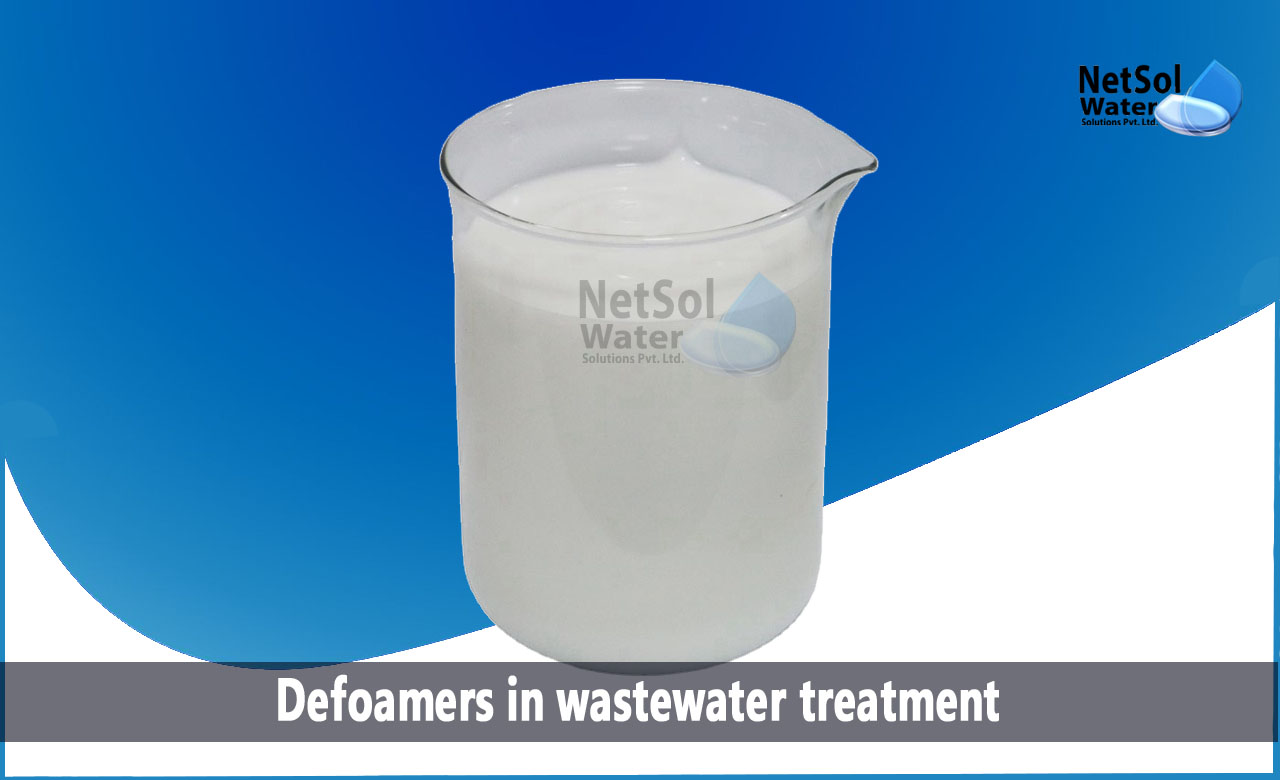The Duty of Defoamers in Enhancing Product Top Quality and Performance
Defoamers serve as vital additives that reduce this issue, ensuring smoother manufacturing operations while enhancing the aesthetic and functional qualities of the last items. The selection of the ideal defoamer can be essential to achieving optimal results, increasing vital inquiries regarding formulation compatibility and efficiency metrics that warrant more expedition.
Comprehending Defoamers
Comprehending the duty of defoamers is essential for keeping product quality throughout numerous markets. Defoamers are chemical ingredients made to stop the development and lower of foam in fluid systems, which can adversely impact procedures such as blending, filling up, and surface area tension. Frothing can bring about inefficiencies, product flaws, and endangered visual appeal, making defoamers a crucial element in producing operations.
In commercial applications, defoamers help to enhance product uniformity and stability. The reliable use of defoamers not only guarantees smoother production procedures yet additionally contributes to superior product performance.
Furthermore, the selection and formulation of a defoamer need to line up with details application needs, such as compatibility with other ingredients, performance under differing temperature and pH problems, and prospective governing restraints. Ultimately, comprehending defoamers' functions and their significance in different formulations is vital for optimizing manufacturing and guaranteeing the best output.
Sorts Of Defoamers
Defoamers can be categorized into a number of kinds based upon their make-up and mechanism of action. The key types consist of silicone-based, non-silicone organic, and inorganic defoamers.
Silicone-based defoamers are among one of the most reliable, largely because of their capacity to spread swiftly on the fluid surface area and disrupt foam development. Their distinct chemical framework permits exceptional stability, making them ideal for high-temperature applications and settings with differing pH levels.
Non-silicone organic defoamers, usually composed of all-natural oils or fats, are valued for their biodegradability and lower toxicity. These are typically utilized in food and beverage applications where security and environmental effect are extremely important.
Not natural defoamers, which consist of compounds like talc or calcium carbonate, act by boosting the density of the liquid, therefore lowering foam stability. They are often made use of in commercial procedures where compatibility with other materials is not a concern.
Each type of defoamer has distinct benefits and limitations, allowing for tailored remedies relying on the details lathering issues run into in numerous applications. Recognizing these distinctions is critical for maximizing performance and achieving wanted product top quality.
Applications Throughout Industries
Various industries utilize defoamers to improve product top quality and operational performance. In the food and drink industry, defoamers are vital in processes such as brewing and dairy products manufacturing to stop foam formation, which can bring about ineffectiveness and item variance. By regulating foam, suppliers can guarantee far better yield and an extra uniform item.
In the pharmaceutical industry, defoamers play an essential role in the solution of liquid medicines, where excessive foam can hamper mixing and precise application. Their use assists keep the stability of the solutions and helps with smoother manufacturing processes.
The paint and finishes sector also counts on defoamers to improve the performance of items during application. By lessening foam, these ingredients guarantee a smoother surface and boost the aesthetic high qualities of the end product.

Benefits of Using Defoamers
While the application of defoamers varies across have a peek at this website sectors, their advantages continually boost item high quality and process efficiency. One significant benefit is the decrease of foam development during making procedures, which can or else cause manufacturing delays and variances in product quality. By minimizing foam, defoamers read here make it possible for a smoother circulation of products, assisting in a lot more effective operations and lowering the probability of devices malfunctions.
Additionally, the usage of defoamers can enhance the appearance and appearance of end products. In fields such as layers, paints, and food handling, excessive foam can endanger the visual aesthetic appeals and overall quality, while the proper defoamer application guarantees an uniform surface and desirable features. Additionally, defoamers can add to cost savings by reducing waste during manufacturing and optimizing using raw materials (defoamers).

Picking the Right Defoamer
Selecting the right defoamer is vital for optimizing production procedures and ensuring product top quality. The selection of defoamer affects not just the efficiency of foam control however likewise the overall performance characteristics of the end product. Aspects to think about include the type of application, the chemistry of the solution, and the ecological conditions under which the product will certainly be made use of.
Various markets may call for certain defoamer types, such as silicone-based, organic, or polymeric defoamers. Recognizing the compatibility of the defoamer with the key components is vital to avoid unfavorable responses that might jeopardize item stability. Additionally, the defoamer's effectiveness in numerous temperatures and pH degrees need to be assessed to ensure regular performance.
Checking the defoamer in small-scale applications can supply see this website valuable understandings right into its performance and viability. Consideration of regulative conformity, especially in food, drugs, and cosmetics, is paramount in picking a defoamer. Ultimately, a complete evaluation of these variables will result in the option of a defoamer that not only manages foam effectively but likewise enhances the quality and efficiency of the end product.
Conclusion

In conclusion, defoamers are crucial additives that dramatically boost item top quality and efficiency across various industries. By properly decreasing foam formation, these agents not only improve functional efficiency but also add to the aesthetic and functional integrity of products. The strategic selection and application of defoamers lead to cost savings, optimized source usage, and raised consumer satisfaction. Overall, the importance of defoamers in commercial procedures can not be overemphasized, as they play a crucial function in achieving top quality and consistent outcomes.
Frothing can lead to ineffectiveness, product issues, and jeopardized aesthetic allure, making defoamers an essential element in manufacturing procedures.

Comments on “Why Defoamers Are Essential in Water Treatment and Waste Management”